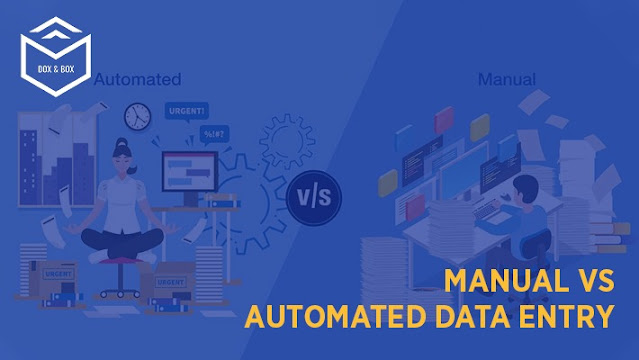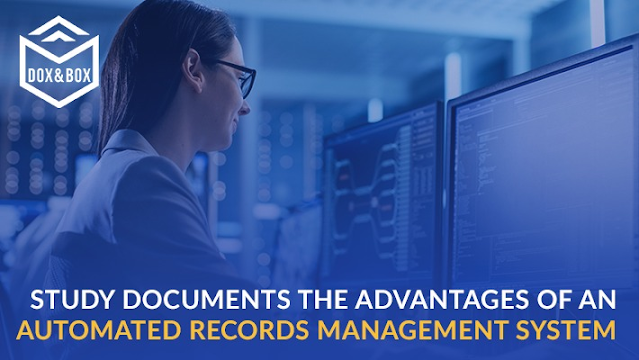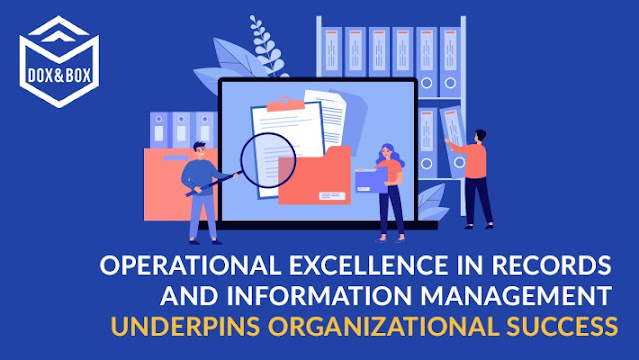Manual Vs Automated Data Entry
In this age, information is power and the more you know the better it is for you. These days enterprises and organizations store, receive and produce huge amounts of data every second. They have to stay up to date and up to speed when it comes to data extraction and its storage.
Failure of accurate data extraction may cause incorrect analysis and might also have future critical implications. There are two ways, manual and automated for the process of data entry and data extraction. Businesses are still divided between which method is appropriate. To make this easier here is a compilation of all that you need to know about both the processes,
Manual data entry
It is an age-old practice that involves the process of collecting and consolidating data from various sources either on paper or entering it manually on the computer.
It provides a lot of employment opportunities that people are in dire need of these days. It also is an efficient process when it comes to processing documents that cannot be easily and precisely recognized by computer software like handwritten or ancient documents.
However, it also poses a lot of disadvantages like,
1. A human being can only enter data at a consistent speed and with precision for so long. After a while, it becomes impossible to work at peak productivity and maintain speed. This can cause delays in document processing especially if we add in the sick or personal days.
2. Employees are not perfect and thus their work demands revisiting and redoing. The element of human error cannot be ignored no matter how well trained the employees are. Also, if there are any updates in the document, it will demand a complete do-over of the data entry for the same.
3. Along with time consumption, the costs are also high. The initial costs might be low but as the employees are paid by the hour, after a while the long hours add up. This makes it an expensive process for organizations.
Automated data entry
It helps in the collection of data using scanners and computers installed with Optical Character Recognition(OCR) software. The level of automation depends upon the accuracy of the OCR.
Some of the common advantages are,
1. With the use of intelligent machine learning algorithms and processors, the reading and processing of documents are done without errors. By cross-referencing patterns using previous models, it can validate the information with no human error. This helps in fact-checking and verifying sources of information.
2. There is no longer a need for storing documents physically. With no loss of data and ease of updating, organizations can comfortably store all their data online. This makes it easier to sort and save data and also to share the data if required.
3. When manual labor is released from this cumbersome process, they can focus on productive tasks and contribute to the growth of the company. The initial costs of switching to automated methods might be high, however, it helps speed up the process in the future.
All the big organizations including schools, hospitals, etc process an extensive number of documents every day, and manually processing all these is a tiring process. With the help of innovative platforms like Infinity by Dox and Box, migrating to automated data entry solutions is very easy. The client company confidentiality is maintained while securely processing all the data.
Source: https://www.doxandbox.com/blog-details/manual-vs-automated-data-entry




Comments
Post a Comment